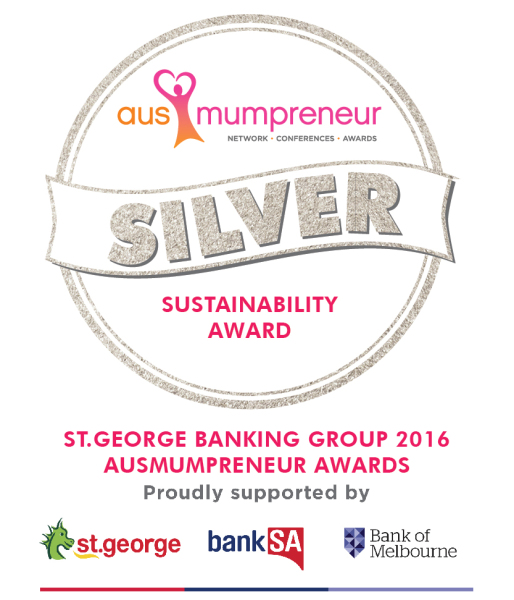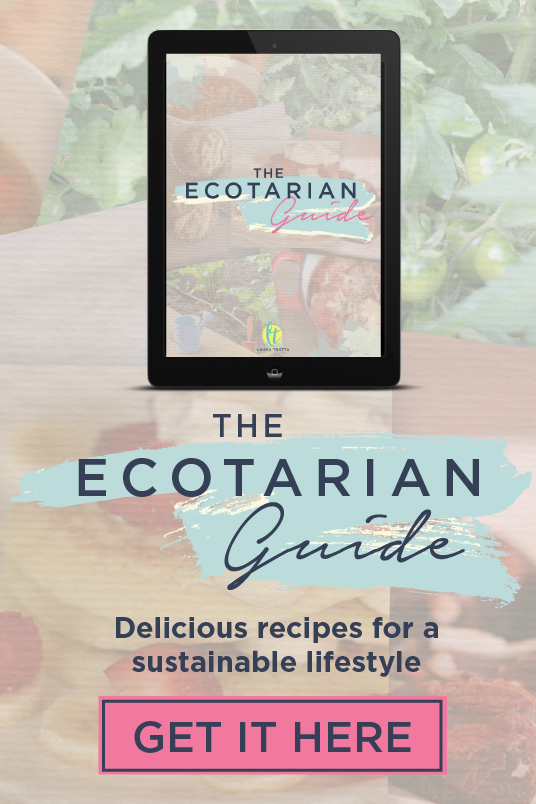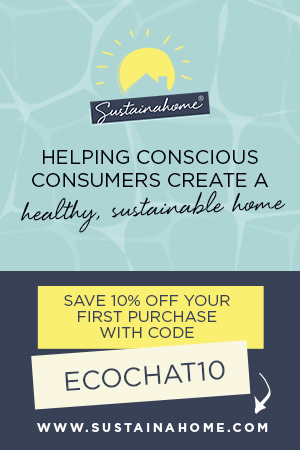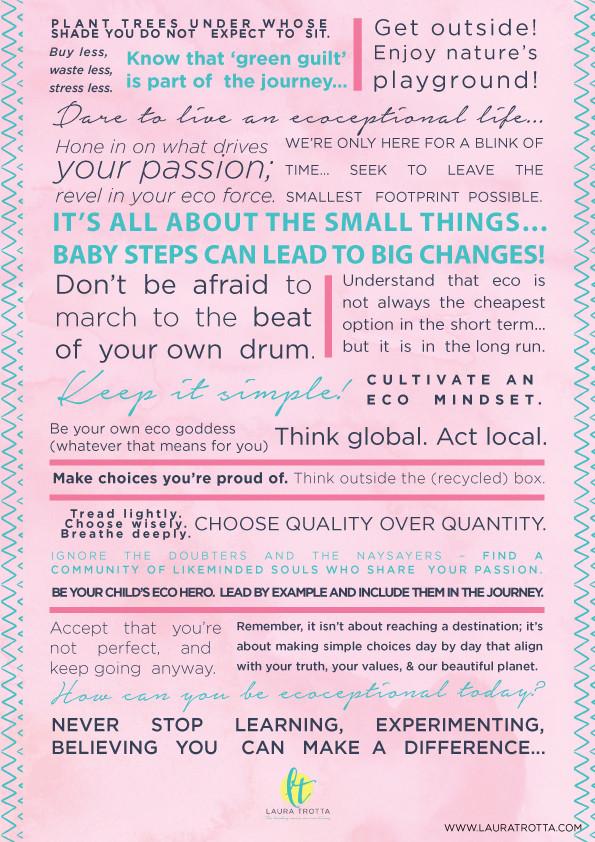Today, I’m sharing an interview that, retail strategist and host of the Bringing Business to Retail Podcast, Salena Knight did with me last week. She is chatting with me and asking me a heap of questions about my upcoming trip to Antarctica. I thought it would be really cool to share this episode that has been aired on her Bringing Business to Retail Podcast, today with you. You will understand a lot more about me, what’s coming up for me, and why I’m so excited to be chosen in Homeward Bound to head to Antarctica in February/March next year.
As you may be aware, I have a crowdfunding campaign open right now just for a couple more days and I really need your support to help get it over the line. Now, it’s not about buying me a holiday in Antarctica! It’s about funding my berth on the ship to enable me to participate in this amazing program. I’ve been chosen as one of 80 scientists worldwide to learn more about climate change, and learn how to band together with (what will become over 10 years) a group of 1000 of the world’s smartest, brightest, most passionate female scientists to drive change in climate action.
We’re not being paid to work in Antarctica, or to share our time and expertise towards climate change. It’s something I’m passionate about and love doing anyway. So, I need your help to enable me to seize this opportunity and get on that ship. There is only a few more hours left of the campaign, and you can pledge here.
Choose a fabulous reward for showing your support for me to join this program. Some of the rewards include life-time access to Home Detox Boot Camp and Self Sufficiency in the Suburbs for a bargain price. Or you can choose lifetime access to just one of these programs for less than half-price! It’s an amazing deal! But it’s only around until Thursday evening 29th June 2017 (Australian time).
Podcast: Play in new window
Laura, how did you get to where you are today?
I grew up in a town called Sale in country Victoria. It was like a naturalist paradise. I loved nature and the environment, and spent a lot of time outdoors. I had a few family friends that were interested in the environment, and I could see how humans were having an impact.
Throughout my school years, I would choose an environmental theme for any of my projects. My Year 12 English Research Project was on the logging of old growth forests in East Gippsland. At the end of my schooling there was a new Uni degree coming out in the early 90s called Environmental Engineering. It taught engineering skills with environmental application. I loved my biology, chemistry, and maths subjects. Plus, I loved the environment, so I thought it sounded just like me!
I loved my degree. I loved everything that I was learning. A scholarship that I won in my second year, included some vacation work. This was with a resources company which was at the time called Pasminco. So, at the age of 19 I was working as an environmental student at a mine in the remote mountains of Tasmania.
When I finished University, I worked for that company and stayed in the minerals industry for 11 years, working at some of the largest industrial sites in Australia.
I became a mum in my early 30s. Up until that point I had loved every moment in my career. Working in a male-dominated minerals industry made me feel as though I was perceived differently when I was pregnant.
When I began my maternity leave, I knew that I wouldn’t be returning. I was already struggling to get time off to attend appointments etc, plus my position was full-time only and I knew I didn’t want to return to full-time work after my baby was born.
So, I entered the business world. I set up a retail business in 2009 which was an eco-baby online store. I ran this for about six years, around my first baby and then my second baby, and all from our small town in outback South Australia.
Although I enjoyed it, after our second child was born, I didn’t have the time to devote to it. It had started to swallow me up a bit. My passion is environmental stuff and I was feeling a bit confined in the retail business model that I had created.
I enjoyed blogging and sharing with my customers about how we were living sustainably at home. I started to package up some online eco-living programs.
My first program was Home Detox Boot Camp which was launched in early 2014. The programs did quite well and I thought it was an easier business model. Now I know it is not as easy as I originally thought. I now also have a membership program called Self Sufficiency in the Suburbs.
I sold my retail business and focused on being an eco-living educator. I’ve been doing this exclusively for the past 18 months.
During that time, I also started to coach online conscious businesses. This has been helping people get their voice out there and start making the impact that they want to make in the world.
As an environmentalist, did you ever feel torn about working in a mine?
I attended Uni in Melbourne in the 90s. It was at the time where there were all these anti-uranium protests. I was pretty open-minded and would attend as a spectator to try and get my head around all these issues.
I looked at the impact that people were trying to make and thought that I could make a much bigger impact from within. By working within the company, I could make sure that they were operating from an environmentally and socially responsible place.
Most of the big successful mining companies know this, it is their license to operate. There have been so many mistakes in the past and still some now. But they know that if they stuff things up, they lose their license to operate.
In fact, the minerals industry was one of the first industries to invest heavily in local communities and environment projects.
Did you ever have any big ideas and get frustrated that you couldn’t get the corporations to understand where you were coming from?
In my earlier career, I wasn’t confident sharing my big ideas. Later, I had a boss that liked my ideas, and I was given practically free reign to implement them.
They weren’t radical ideas but it was about how we worked in the department. We put our Environmental Engineers out into the operations, as opposed to sitting as a group in the main admin building, never to set foot in the plant.
I was recognised as someone who could think very big picture but also very small detail. I still felt very stifled by the culture even though this skill was looked upon favourably.
When I became a mum, there were no other managers on site that were mothers. I was happy to be that role model and tried to negotiate with them to work a part-time role. This is where I felt stifled the most, by the antiquated thinking that this was just a full-time role, and so because I was having a baby, I was leaving the organisation. It was sad.
This was eight years ago and even now that culture has changed so much. They are trying to get a lot more women into the organisation, and they’re doing a good job at it.
Tell us more about your online courses.
I wanted to guide people through the steps to live more sustainably. I felt I could take them on these journeys that they could follow to remove toxins from their home, or start an organic veggie patch etc.
I’ve packaged them into three programs; Greenhouse Home Energy Blitz, Home Detox Boot Camp, and Self Sufficiency in the Suburbs. Hundreds of women have completed my programs and I really enjoy delivering them. I love being an educator. I also have my weekly Eco Chat Podcast.
Although I thrive in this role, I do miss having my shop. But at that point in my life, I had too much on my plate to do both. I wanted to develop my programs and get them out there, so that’s why I focused on my courses.
How were you selected as one of 80 female scientists to go to Antarctica?
Going to Antarctica has been a life-long dream of mine. When I was 8-years-old, my engineer uncle went to Antarctica for a few months with the Australian Antarctic Division. When he came back, he gave me a rock from Antarctica and showed me his photos from his trip. I told him that I would go to Antarctica and work down there one day too. So, I’ve always wanted to go.
At different times in my life I considered working down there. But I completed my Masters in Science in my mid-to-late twenties which kept me confined to Queensland for a few years. Then we became engaged and I had a wedding to plan. Then I had a baby and started a business. I thought I had missed the boat on ever getting the opportunity to go to Antarctica.
On New Year’s Eve last year, I brought it up again with my husband Paul, and told him that I still really had the desire to go. A week later, a friend of mine tagged me in a post on Facebook saying that Homeward Bound applications were now open. This was a 12-month leadership program finishing with a 3-week expedition to Antarctica for female scientists to collaborate together and lift their global voice on climate action. I thought it sounded awesome! A 3-week expedition sounded perfect. I wasn’t having to leave my 5 and 7-year-old for 5 months, as I would have had to do if I went with the Australian Antarctic Division.
After this program has run for 10 years, I will end up being 1 of 1000 female scientists worldwide And we will be taking our voice up as high as it needs to go to get action on climate change.
What are you personally hoping to gain from this experience?
As an environmentalist, I want to be able to set foot on the most pristine corner of the planet. Many people will never be able to experience this. I want to see the wildlife and breathe the air.
What I’m looking forward to the most is the network of women scientists that I will be a part of. One of my biggest strengths is being able to take complex theories and break them down into smaller manageable chunks that anyone can understand. If I can help translate what some of these scientists are working on and share their work with the masses, that would make me proud.
Do you receive funding to cover your expenses to travel to Antarctica?
No I don’t. It is quite overwhelmingly expensive. Being an independent educator, I don’t have a bucket of funds from a corporate, University, or government to pay my berth.
A lot of the scientists have their employers pay for them. It is a leadership program and they want to invest in their development.
But I like being an independent educator. My voice is 100% my own. It is not censored in any way which it could be if I was funded by an organisation.
I’m looking to raise the funds myself, through various ways. The main one I have now is a crowdfunding campaign.
Basically, I’m looking to raise a portion of the costs of the program through crowdfunding; 22,000 AUD which is just for the ship berth. All up I’ll need over 30,000 AUD which covers the 3-week voyage to Antarctica, all the gear that I’ll need to wear, insurance, and also my travel from outback South Australia to the southern-most tip of Argentina where the boat leaves from.
I have the campaign up now in Pozible, which runs until Thursday the 29th June 2017. There are heaps of rewards that people can pledge for on there. I could send you a postcard from the corner of the world, or make you a calendar with beautiful images that I’ll take of the wildlife down there. You could also choose discounted rates off my eco-living programs; Home Detox Boot Camp or Self Sufficiency in the Suburbs. You could feature on my Eco Chat Podcast or I could be a keynote speaker at your event. I also have some great online coaching and consulting packages on there too. So, if people want to handball their Facebook Ads off or need me to set up their emails, sales pages and funnels etc in Ontraport, I can do that.
There are some great rewards on offer that can appeal to anyone interested in sustainability or building an online business.
If every one of my Podcast listeners pledged $3, I would be fully funded. I think that the biggest reason people don’t pledge is because they don’t have a lot to pledge. Please don’t be embarrassed. If every single one of you, instead of buying a coffee today, put that money towards this, it would get over the line tomorrow.
On previous crowdfunding campaigns, I’ve had people pledge $1 just to show their support. Even if you pledge $1, it doesn’t just help with the money chipped in. It also helps with the traffic to the page, and trending on the crowdfunding platform.
I hope you enjoyed this interview by Salena Knight all about my past, and my business journey, and particularly my upcoming trip to Antarctica with Homeward Bound. If you haven’t already pledged on my crowdfunding campaign please click here to show your support. As an independent sustainability educator and environmental engineer, the success of this crowdfunding campaign is critical to my ability to participate in the program.
If you have already pledged, thank you so much! Be sure to share the campaign with your friends to help us get over the line. Your support means the world to me.
Podcast: Play in new window | Download
- Sustainable Home Design- factors to consider to maximise sustainability - July 28, 2022
- Advantage and Disadvantages of Tiny Houses - May 31, 2022
- How School Strike 4 Climate is Empowering Youth to Fight for Their Future - May 1, 2022

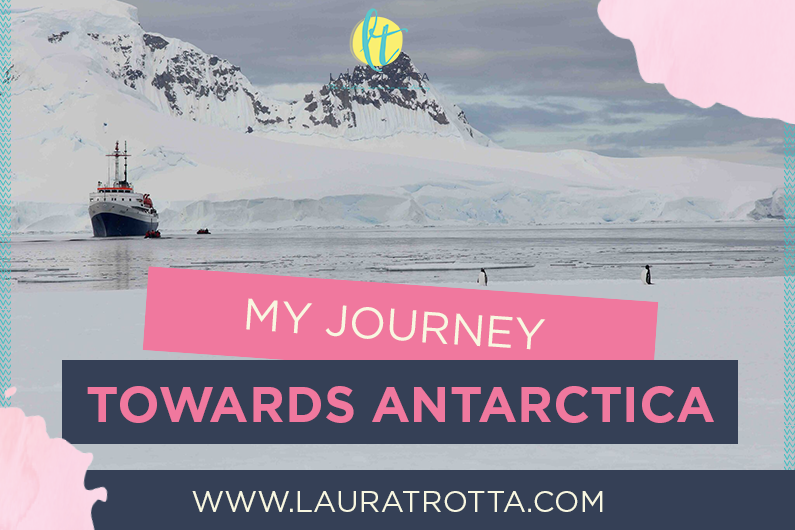

 Laura Trotta is one of Australia’s leading home sustainability experts. She has a Bachelor of Environmental Engineering, a Masters of Science (in Environmental Chemistry) and spent 11 years working as an environmental professional before creating her first online eco business, Sustainababy, in 2009. She has won numerous regional and national awards for her fresh and inspiring take on living an ‘ecoceptional’ life (including most recently winning the Brand South Australia Flinders University Education Award (2015) for the north-west region in SA and silver in the Eco-friendly category of the 2015 Ausmumpreneur Awards). With a regular segment on ABC Radio and with her work featured in publications like Nurture Parenting and My Child Magazine, Laura is an eco thought leader who’s not afraid to challenge the status quo. A passionate believer in addressing the small things to achieve big change, and protecting the planet in practical ways, Laura lives with her husband and two sons in outback South Australia.
Laura Trotta is one of Australia’s leading home sustainability experts. She has a Bachelor of Environmental Engineering, a Masters of Science (in Environmental Chemistry) and spent 11 years working as an environmental professional before creating her first online eco business, Sustainababy, in 2009. She has won numerous regional and national awards for her fresh and inspiring take on living an ‘ecoceptional’ life (including most recently winning the Brand South Australia Flinders University Education Award (2015) for the north-west region in SA and silver in the Eco-friendly category of the 2015 Ausmumpreneur Awards). With a regular segment on ABC Radio and with her work featured in publications like Nurture Parenting and My Child Magazine, Laura is an eco thought leader who’s not afraid to challenge the status quo. A passionate believer in addressing the small things to achieve big change, and protecting the planet in practical ways, Laura lives with her husband and two sons in outback South Australia. 